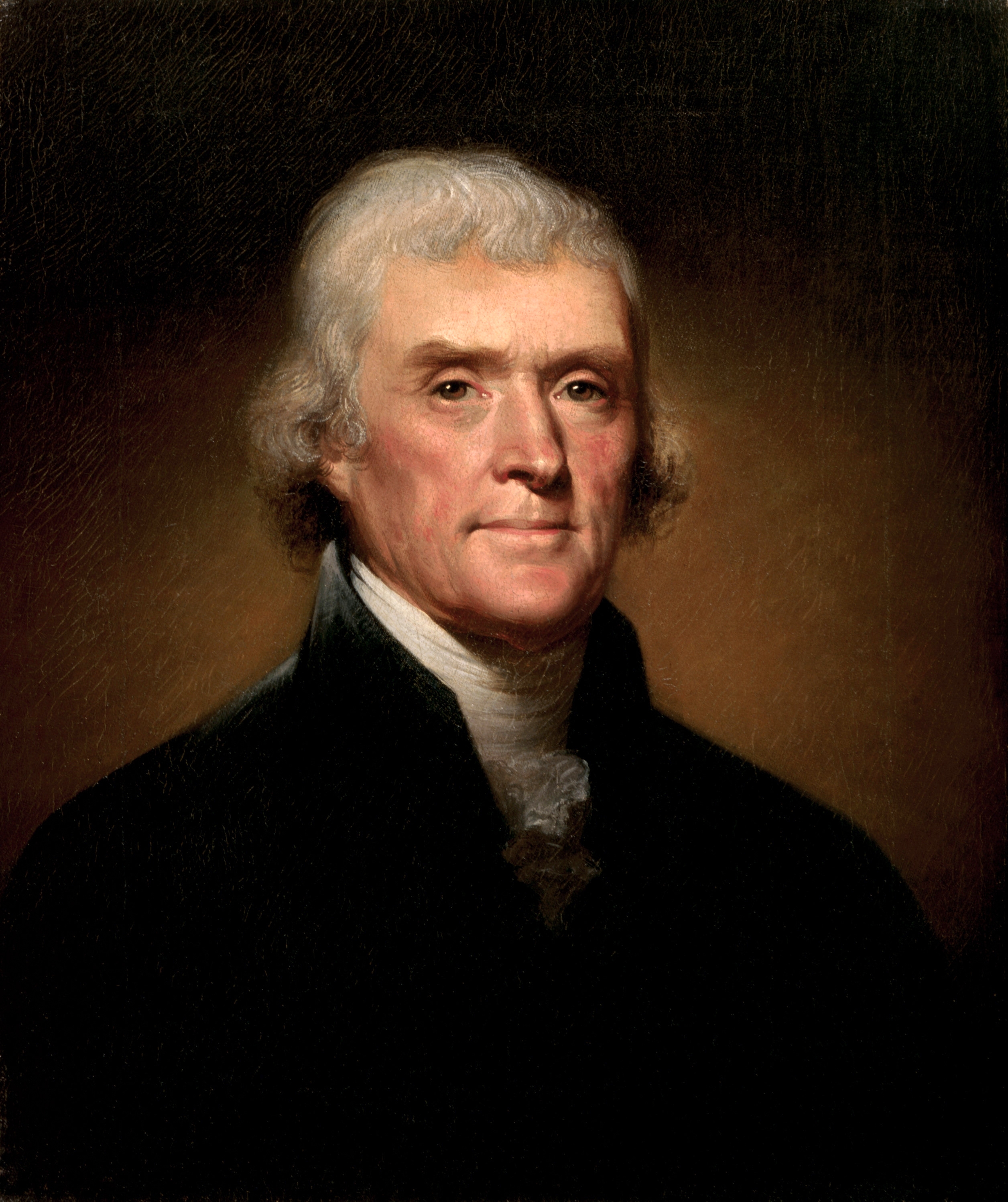(image source: Tripadvisor)
The University of Helsinki is the oldest and largest institution of academic education in Finland, an international scientific community of 40,000 students and researchers. In international university rankings, the University of Helsinki typically ranks among the top 100. The University of Helsinki seeks solutions for global challenges and creates new ways of thinking for the best of humanity.
The Faculty of Arts (https://www.helsinki.fi/en/faculty-of-arts) of the University of Helsinki is Finland’s oldest institution for teaching and research in the humanities and the largest in terms of the structure and range of disciplines. It is also a significant international community fostering research, education and cultural interaction.
The Faculty of Arts invites applications for the position of
POSTDOCTORAL RESEARCHER
for a four-year fixed term period from 1 January 2019 onwards (or as agreed) to contribute to the subproject Migration and the narrative of Europe as an “Area of freedom, security and justice” of the Centre of Excellence (CoE) in Law, Identity and the European Narratives (EuroStorie, www.eurostorie.org).
The CoE is a part of the Centre of European Studies at the Department of Political and Economic Studies of the Faculty of Social Sciences. The purpose of the CoE is to launch a new, third generation inquiry that critically explores the emergence of narratives of Europe as responses to the crises of the twentieth century and how these narratives have shaped the ideas of justice and community in Europe. It studies the foundational stories that underlie the contested idea of a shared European heritage in law and culture, such as the ideas of rule of law, equality, tolerance, pluralism and the rejection of totalitarianism, and their relevance for current debates on identity and history.
The subproject Migration and the narrative of Europe as an “Area of freedom, security and justice” constitutes one of three subprojects of the CoE. The subproject tackles such topics as the role of broadly understood forced displacement in the production of the idea of Europe and, on more abstract level, in generating scientific knowledge and cultural and political ideas; the idea of Europe and European democracy, human rights and the rule of law, emerging from the experience of historical and contemporary exiles, refugees and asylum seekers; the idea of Europe developed under the conditions of forced displacement in relation to the official narratives of the policy papers produced under the auspices of the Council of Europe and the European Union.
QUALIFICATIONS
An appointee to the position must hold a doctoral degree in one of disciplines relevant to the project theme (including but not limited to international human rights law, anthropology, human geography), the ability to conduct independent scientific research and possess the teaching skills required for the position. The candidate should preferably have strong experience in ethnographic and post-colonial methodologies. The period following the completion of doctoral degree must not exceed five years, excluding family leave and equivalent periods of absence. An appointee must be able to provide a clear contribution to the theme of the CoE and to its general development, together with full-time researchers, postdocs, visiting faculty, Ph.D. students, and graduate students working as research assistants. To fulfil the research requirements of the position, the applicant chosen is expected to be physically present on a regular basis and actively participate in the research and teaching activities of the CoE. An appointee is expected to contribute 2-5 months of the annual work time to joint projects at the CoE, develop her/his own and our common research agenda, and contribute to collective academic tasks such as teaching, seminars and joint academic papers.
SALARY AND TRIAL PERIOD
Annual gross salary for a postdoctoral researcher varies between 41,000 and 50,000 euros, depending on the appointee’s qualifications and experience. There is a six-month trial period for the position.
Health care services and standard Finnish pension benefits are provided for the University employees.
HOW TO APPLY
Please submit your application, together with the required attachments, through the University of Helsinki Recruitment System via the Apply for the position button below. Applicants who are employees of the University of Helsinki are requested to leave their application via the SAP HR portal.
Applicants are requested to enclose with their applications the following documents in English as a single pdf file:
1) A curriculum vitae (max 4 pages).
2) A numbered list of publications on which the applicant has marked in bold her or his five key publications to be considered during the review.
3) A statement (max 2 pages) outlining how the applicant’s expertise could contribute both to research conducted at the CoE and to this specific subproject.
4) A summary (max 2 pages) on the applicant’s scholarly activities including original research at an international level, international academic networks, local co-operation, success in obtaining research funding, experience in research management.
2) A numbered list of publications on which the applicant has marked in bold her or his five key publications to be considered during the review.
3) A statement (max 2 pages) outlining how the applicant’s expertise could contribute both to research conducted at the CoE and to this specific subproject.
4) A summary (max 2 pages) on the applicant’s scholarly activities including original research at an international level, international academic networks, local co-operation, success in obtaining research funding, experience in research management.
Instructions to applicants for teaching and research positions, please https://www.helsinki.fi/en/faculty-of-arts/faculty/instructions-to-appli....
FURTHER INFORMATION
Further information on the position, and about research theme Migration and the narrative of Europe as an “Area of freedom, security and justice” may be obtained from Dr. Magdalena Kmak, magdalena.kmak@helsinki.fi. Further information about the recruitment process can be obtained from HR Specialist Anni Kauppinen, anni.kauppinen@helsinki.fi. Technical support for using the University’s electronic recruitment system or the SAP HR portal: rekrytointi@helsinki.fi.
More information here. The application did not contain any specific deadline, but was posted on Monday 29 October 2018.
(source: Twitter)




















